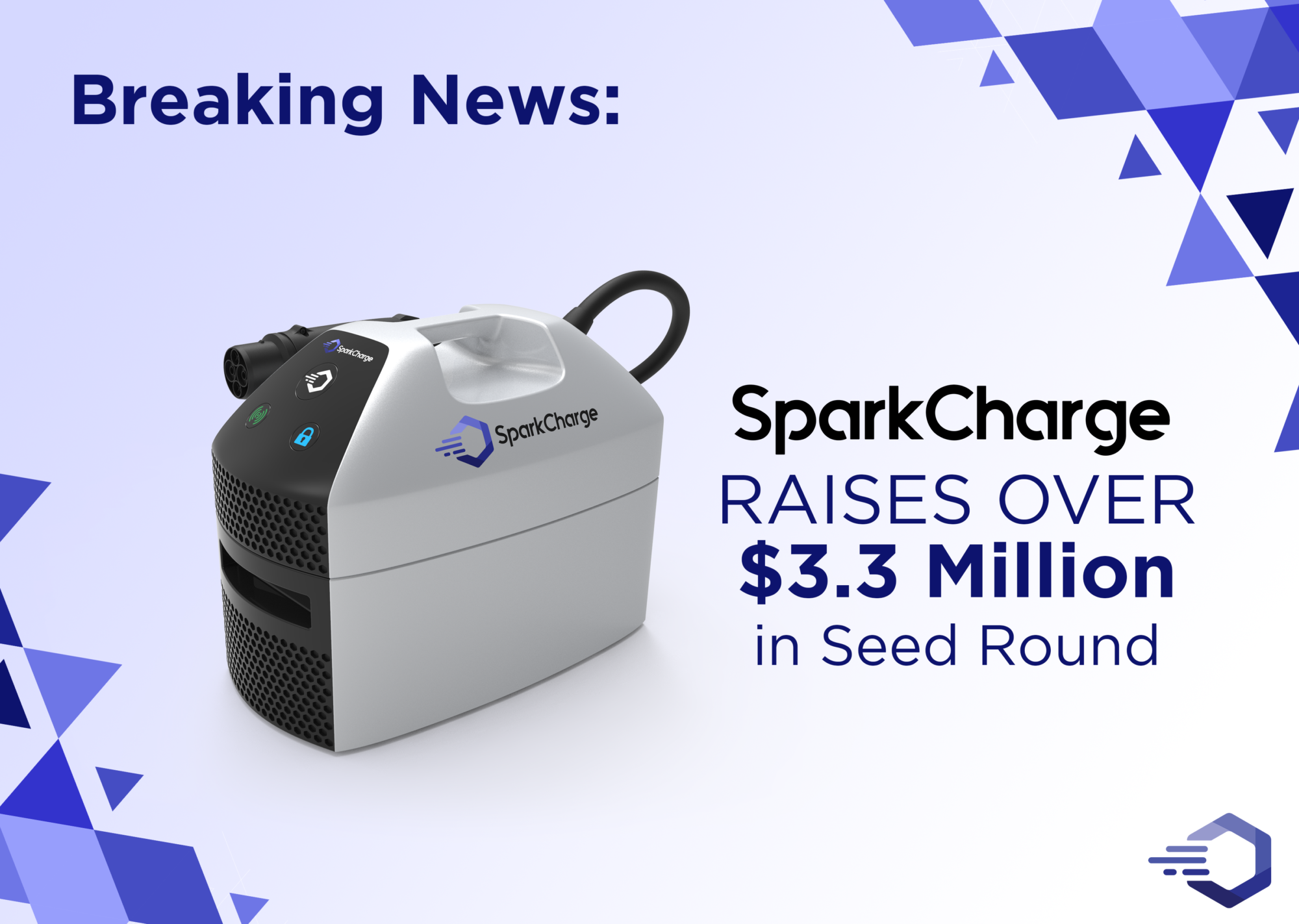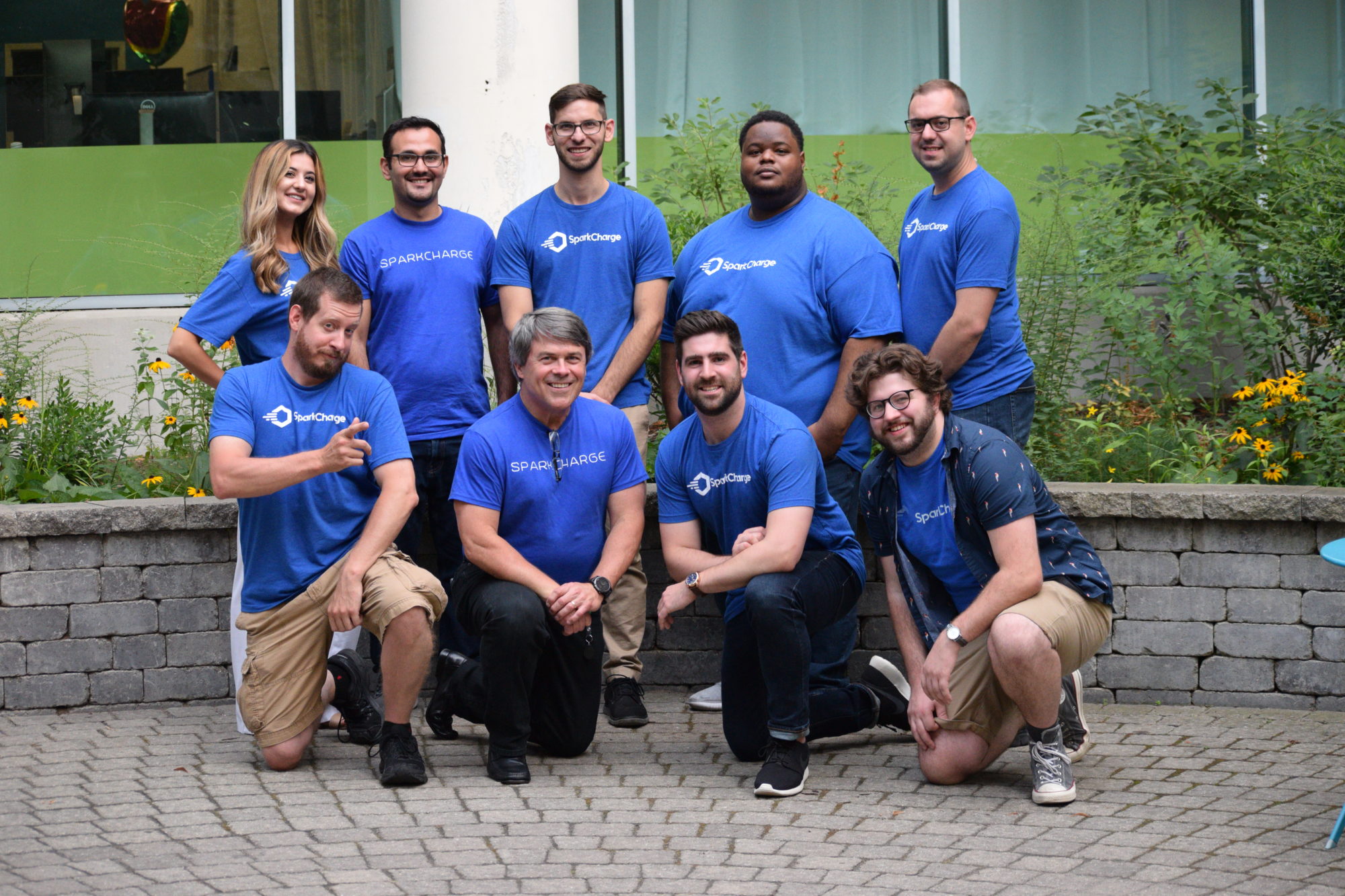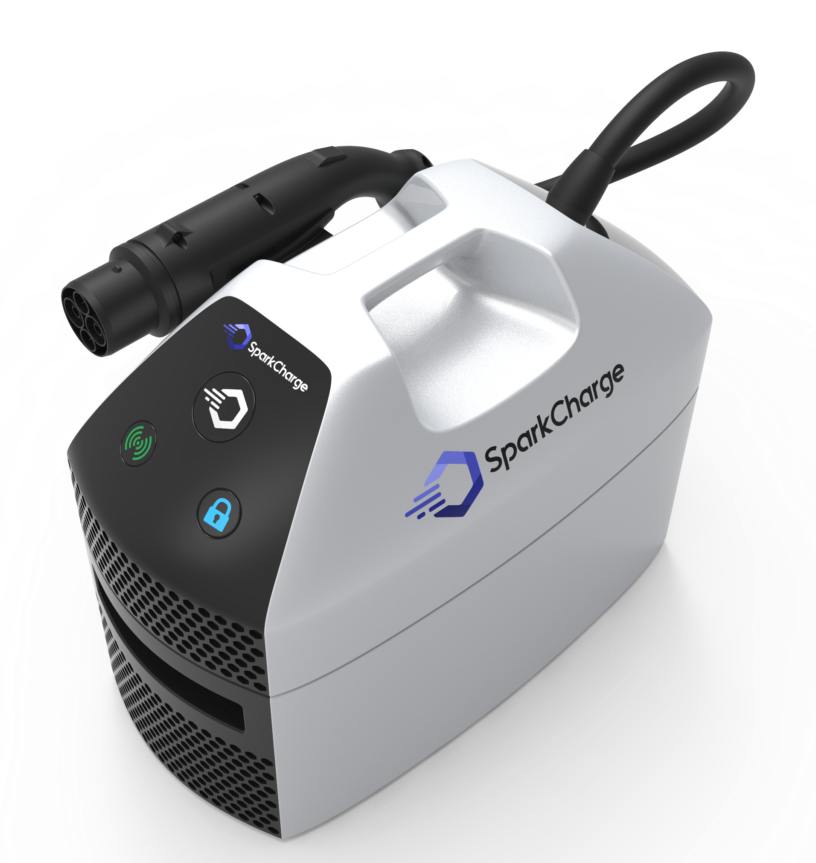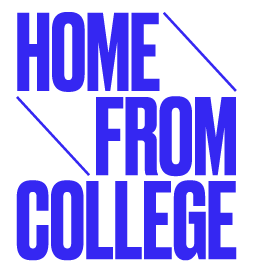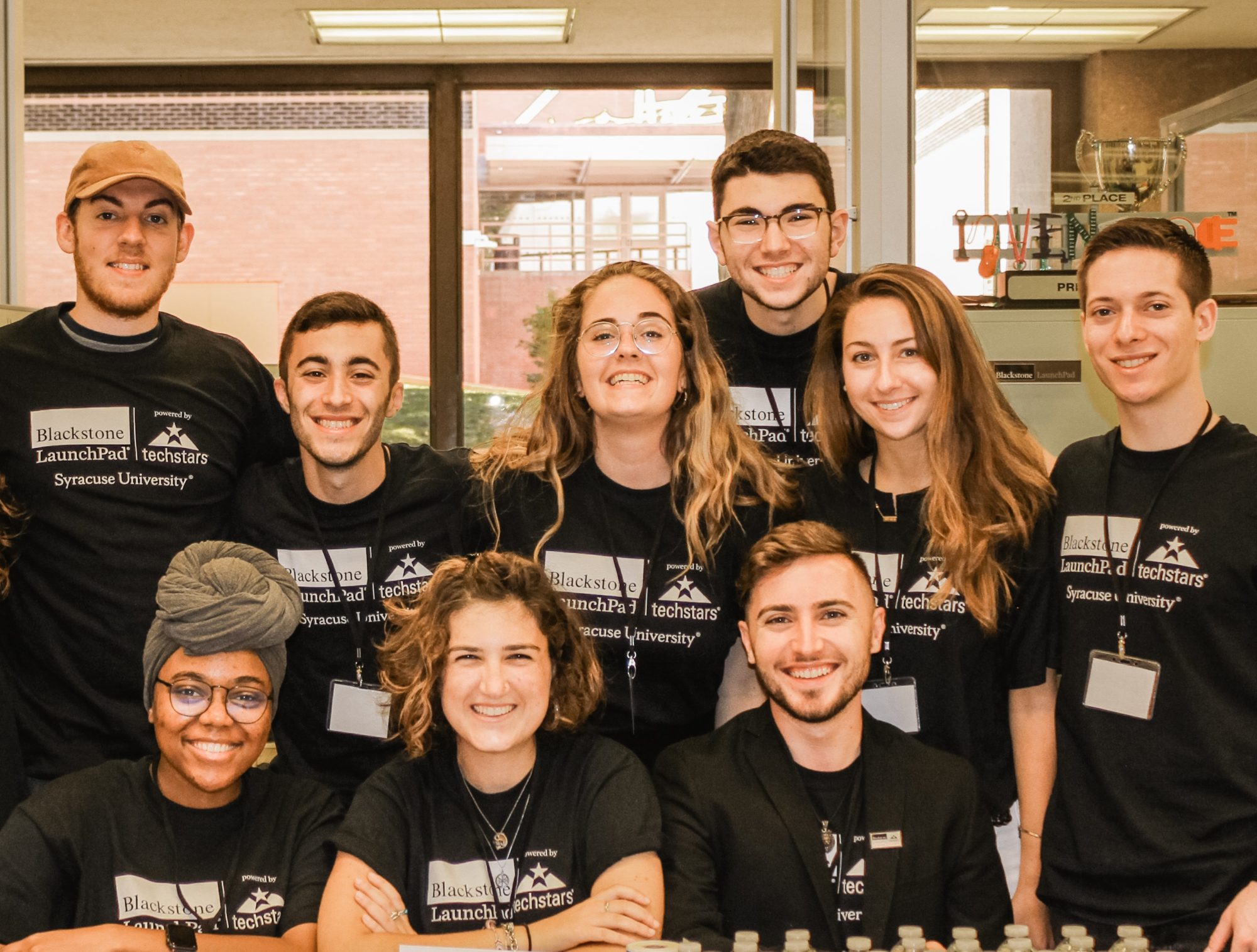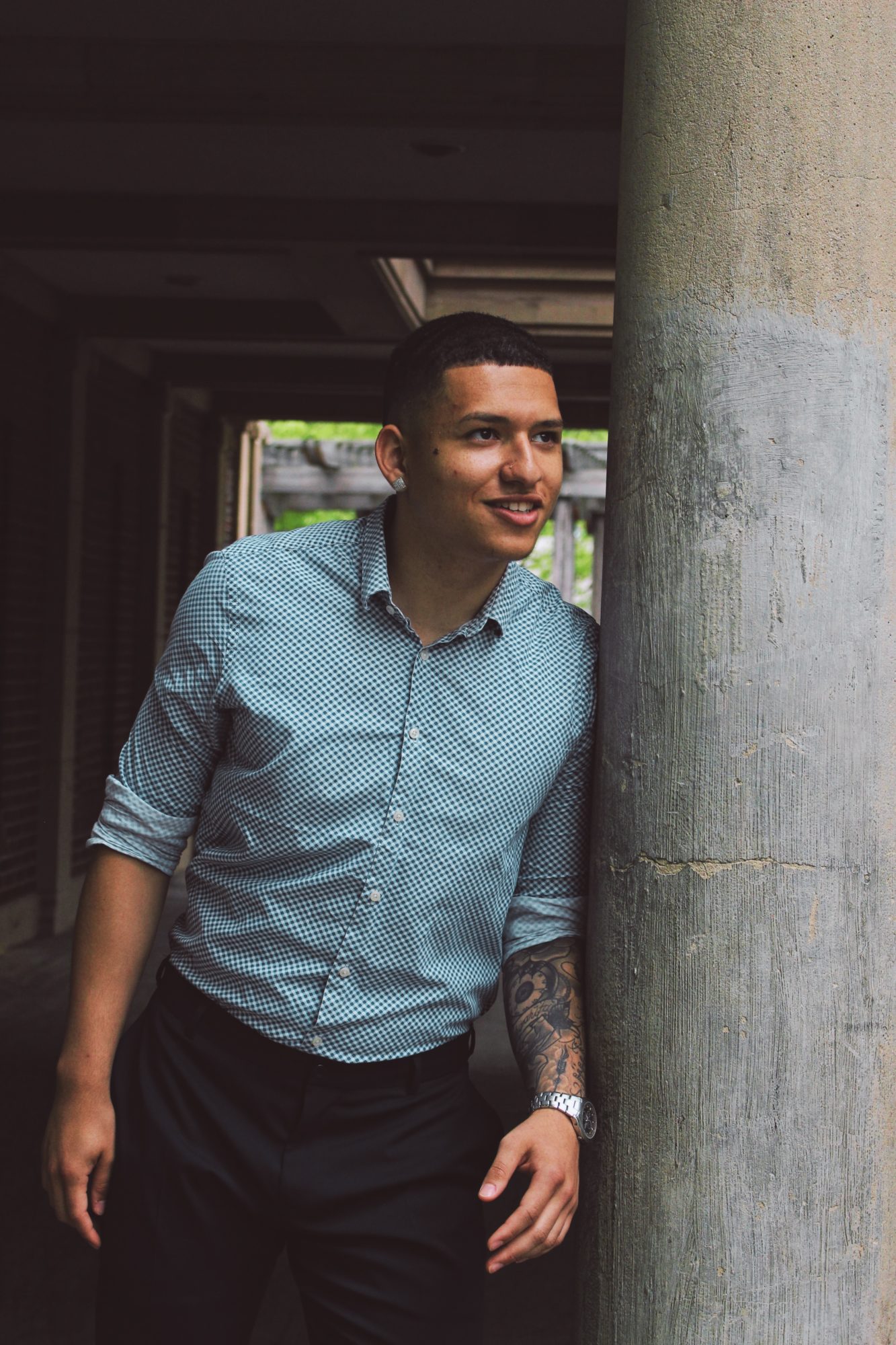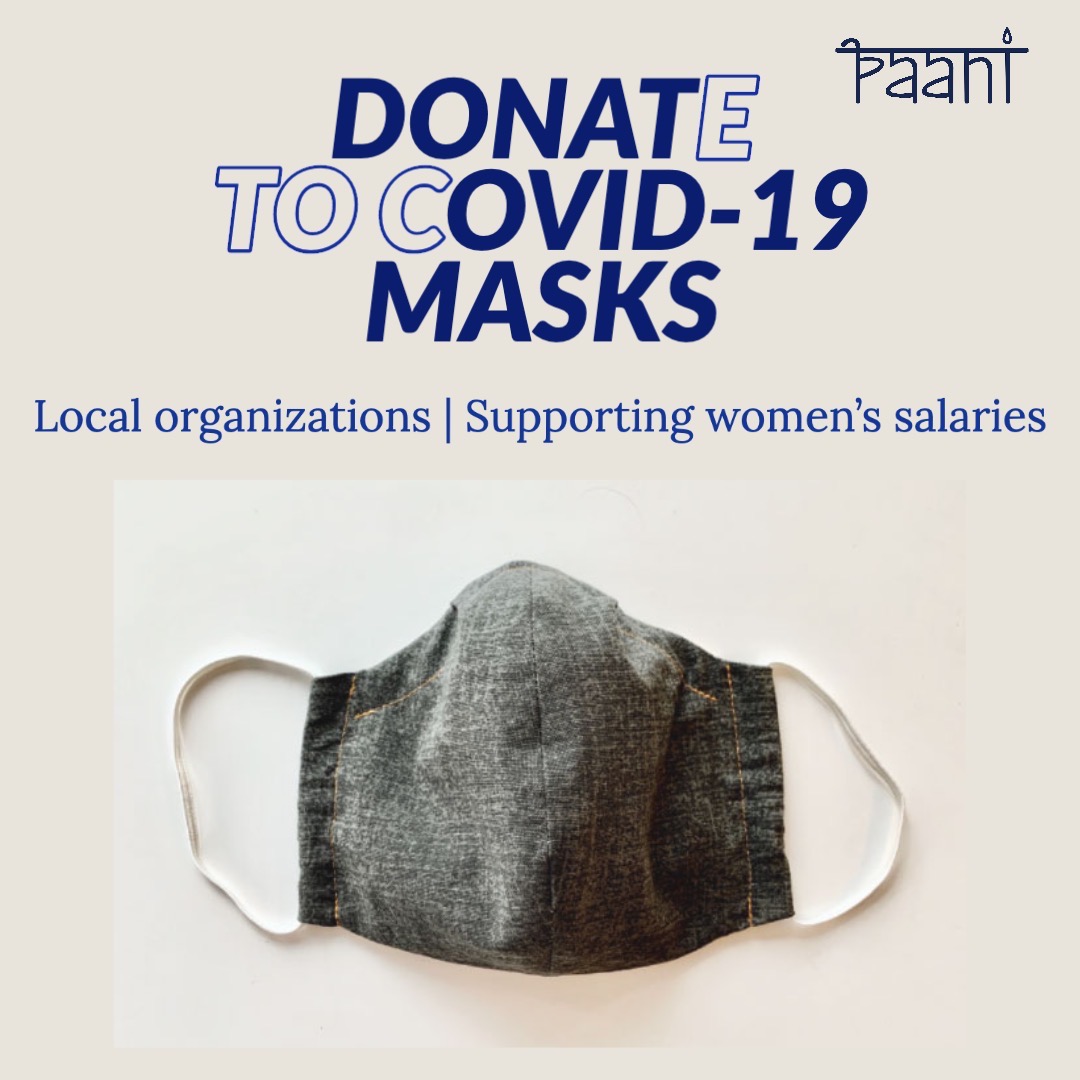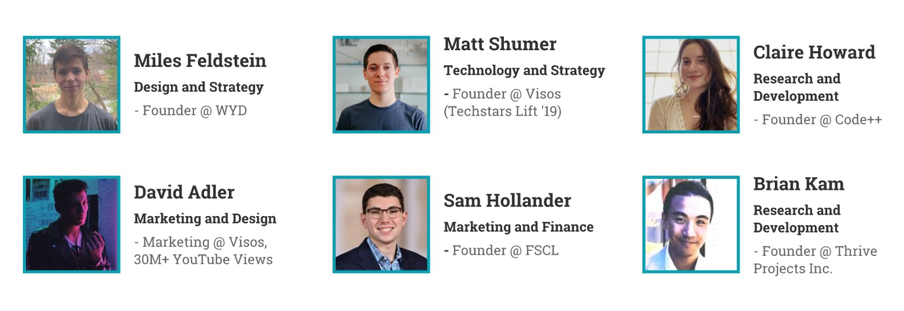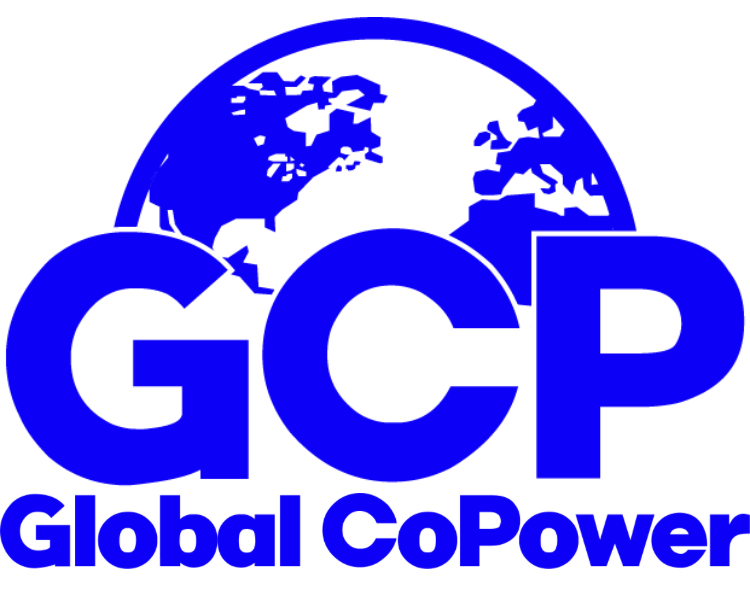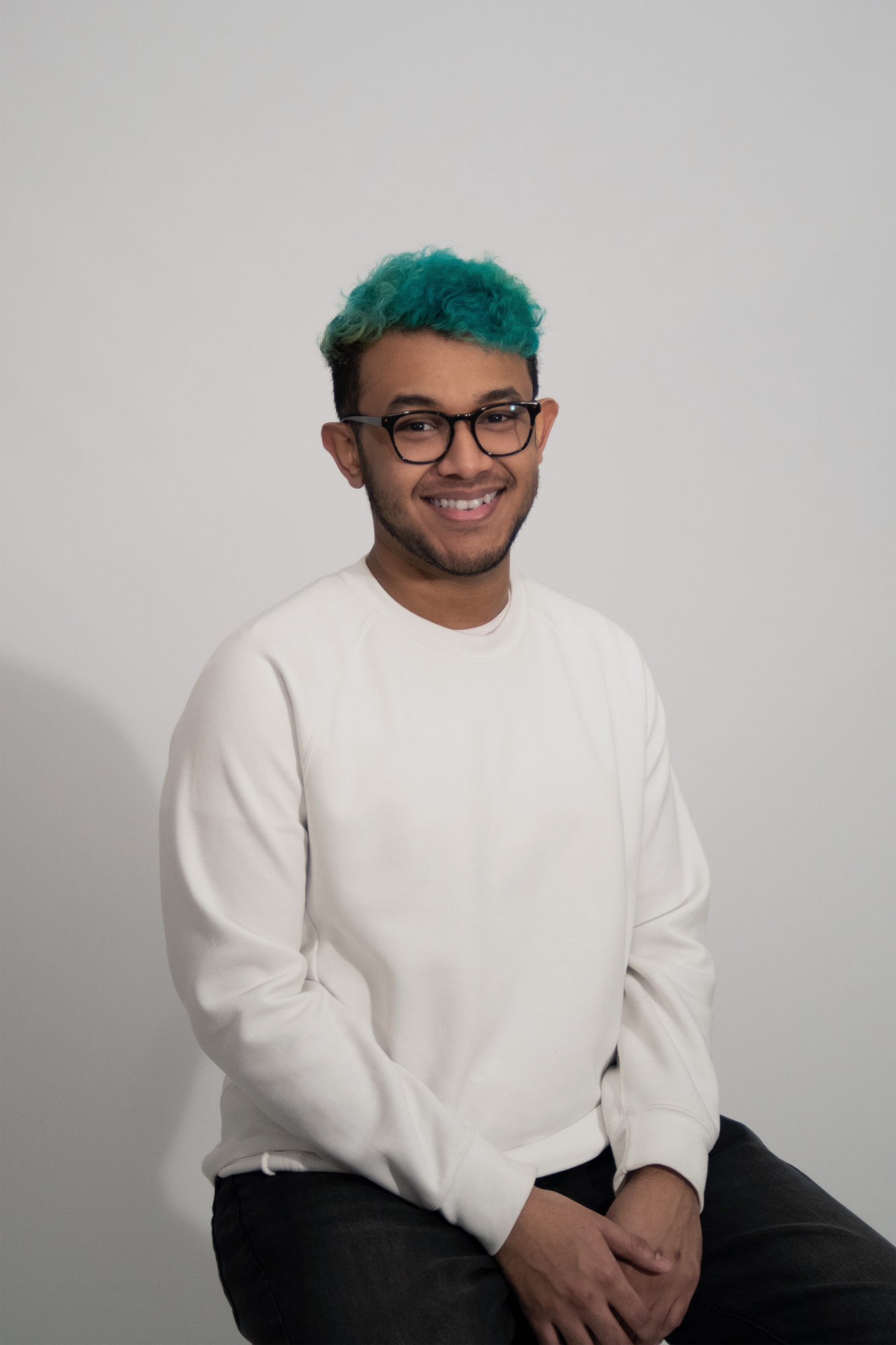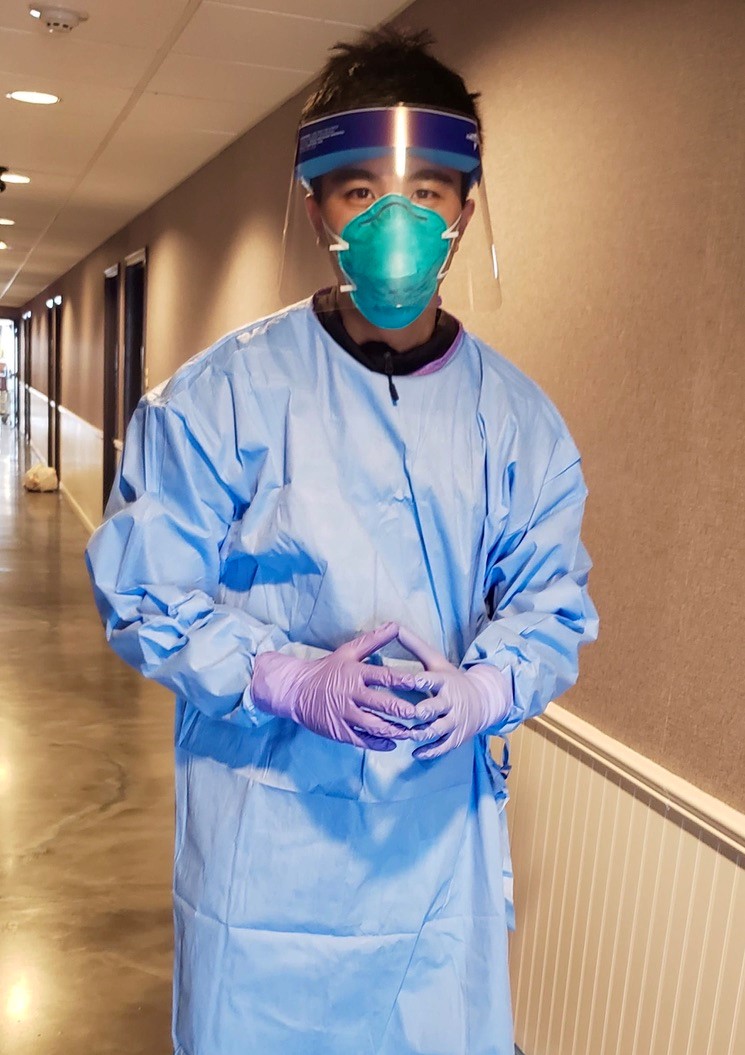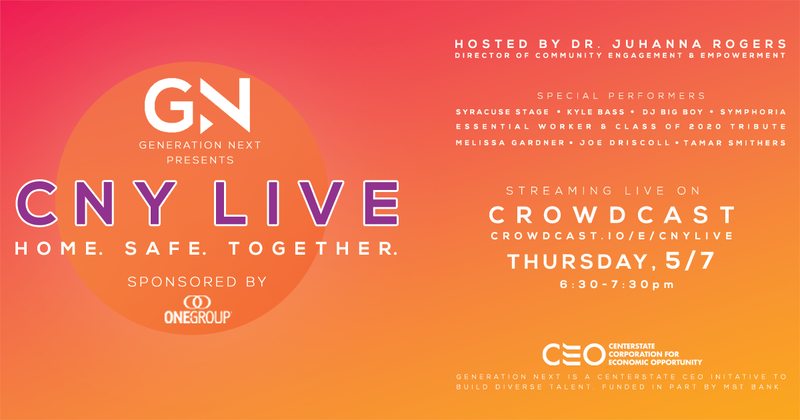
Join CenterState CEO’s Generation Next and OneGroup on May 7 at 6:30 p.m. for a special crowdcast streaming event featuring leaders from across the Syracuse community celebrating the essential workers and businesses keeping Syracuse safe and strong. Enjoy performances from Symphoria and Syracuse Stage, meet business owners working to keep Syracuse running, enjoy a tribute to the region’s 2020 graduates, messages of thanks from the community, and so much more. The event is hosted by Dr. Juhanna Rogers, director of community engagement and empowerment, CenterState CEO, and produced by Black Cub Productions and Kelsey Davis of CLLCTVE, both LaunchPad alumni ventures. Generation Next is a new CenterState CEO initiative that fosters diversity and leadership in young professionals and works to attract and connect talented professionals to job openings in Central New York. Register here.

